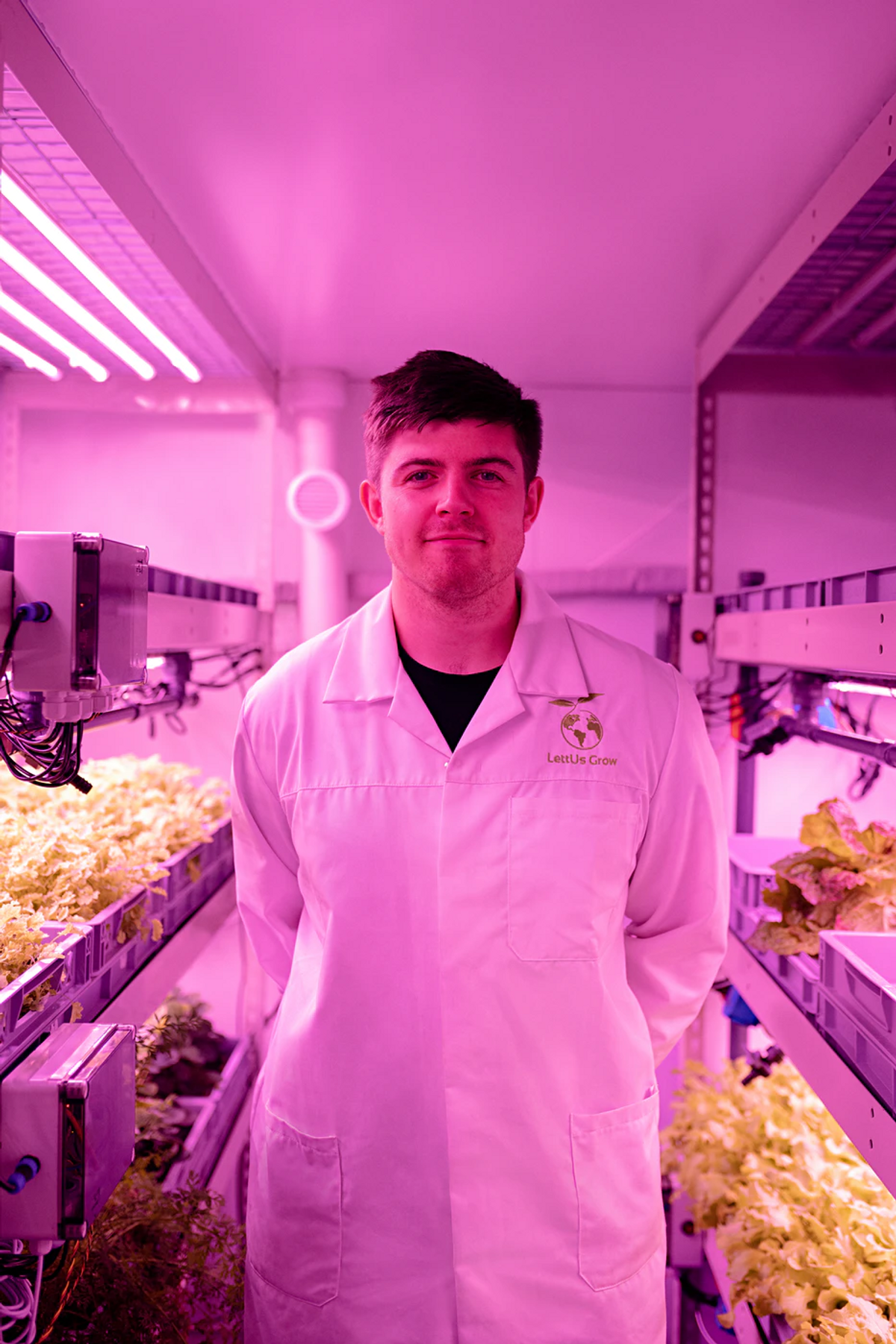Not one to shy away from controversy, the environmental journalist George Monbiot has his sights set on a new issue: lab-grown food. Turning the tables on the ‘doom and gloom’ that environmentalists are often disparaged with, in his latest article Monbiot is nothing short of ecstatic: “Farmfree food offers hope where hope was missing. We will soon be able to feed the world without devouring it.” This hope springs not only from lab-grown food’s potential just to avoid the environmental cost of agriculture, but also from the alternatives (the opportunity cost) that agricultural land — in particular the 51% of UK land used for grazing — could be used for.
Even if you didn’t catch Monbiot’s Apocalypse Cow or the accompanying blog, I’m sure you already have a strong opinion on the subject. Lots of concerns have been raised, but what I found particularly surprising is that the piece proposes a single ‘silver bullet’ for the environmental impact of agriculture without talking about the casualties of the transition.
Transitioning to a ‘farm-free’ food system would mean unprecedented disruption in land use, and it is disturbing how little regard is given to those most impacted. ‘Farmfree’, if it wasn’t clear, implies ‘farmer free’. Here in the UK there are 346,000 farmers and globally that figure is closer to 1 billion — including the majority of the working population in many countries. The impact of lab-grown food won’t be limited to a single country. Food markets are highly global, so if lab-grown food becomes cheaper than soil farming then countries everywhere would become flooded with cheap cereals, driving down income for farmers. Sure, there will be some jobs in the new food labs, but it’s unlikely that those will be jobs for the same people and they certainly won’t be in the same numbers.
Where technologies offer great promise, rather than calling for a ‘great disruption’ we should call for a ‘just transition’ — where workers directly affected by industrial change have a sense of voice and control over how that change happens. How else are we meant to believe that these innovations will create a better world if there is such a harsh indifference towards those it will impact most?
NEF’s recent Trust in Transition report tackles this question of a green and just transition head-on. What stands out in this research is the role of trust — the currency of transition. Trust from farmers will not automatically be granted (the UK’s track record of managing deep industrial change has often thrown workers under the bus) but it could be earned if this transition is part of a feasible, government-wide plan, developed with the industry, and delivered by small, localised bodies that are responsive to workers. The modern environmental movement must recognise that any radical environmental solution must have these elements.
An additional challenge for the environmental movement is to grasp that this is a systemic problem. The urgency of the climate emergency means that people are often absolutist about potential options. Countless times we hear about a new policy, technology, or behaviour that could offer the solution to the problem, only to later find that the potential is limited. In the last year alone we’ve seen criticisms of ‘silver bullets’ for the climate crisis including: electric vehicles, carbon taxes, tree planting, carbon offsets, no tillage farming, carbon capture, wood pellets, seaweed, nuclear power, and climate agreements. It’s beginning to rival the list of things that millenials have supposedly killed! Let’s not add another one to the list. It seems extremely unlikely that in two decades the world will be producing anywhere close to the billions of tonnes of cereals currently produced from soil-based methods. In this potential future the size of laboratories alone is impossible to comprehend.
This is no bad thing. While food and farming cannot be described as a successful system and is a leading contributor to many environmental issues, at its best, farming can actually contribute to a diverse environment rather than erode it. Of course this is not achieved just by scoffing at developments like lab-grown food but by the agricultural sector actually demonstrating positive social and environmental contributions, whether that’s running educational visits, using agroecology to restore the environment, ensuring that land isn’t just in the hands of Big Agribusiness, or leading the world in animal welfare practices.
A shift in conversation about what public goods beyond food are being provided by farming production is important. While Monbiot’s lab-grown enthusiasm is an intriguing vision, perhaps it’s greatest importance is actually strategic, by emphasising the burden on farming to demonstrate its positive impacts that cannot be lab-grown.
This blog was originally published by the New Economics Foundation here.
